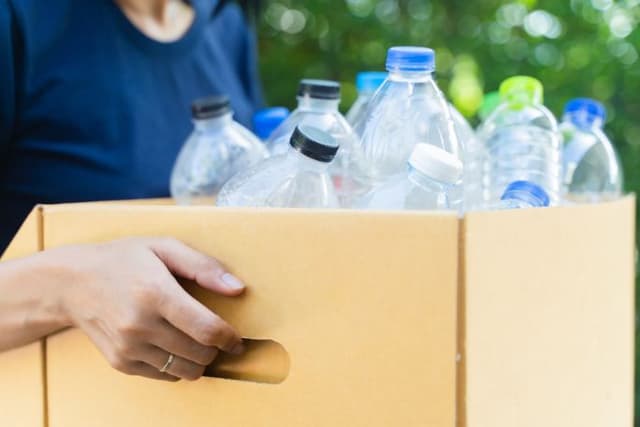
Make Your Containers Count
Lesson2 of 3 in this unit
PrimaryFoundationYear 1 - 6EnglishInformative writingEnvironmentalRecycling
Summary
Lesson Guides and Printables
Lesson Plan
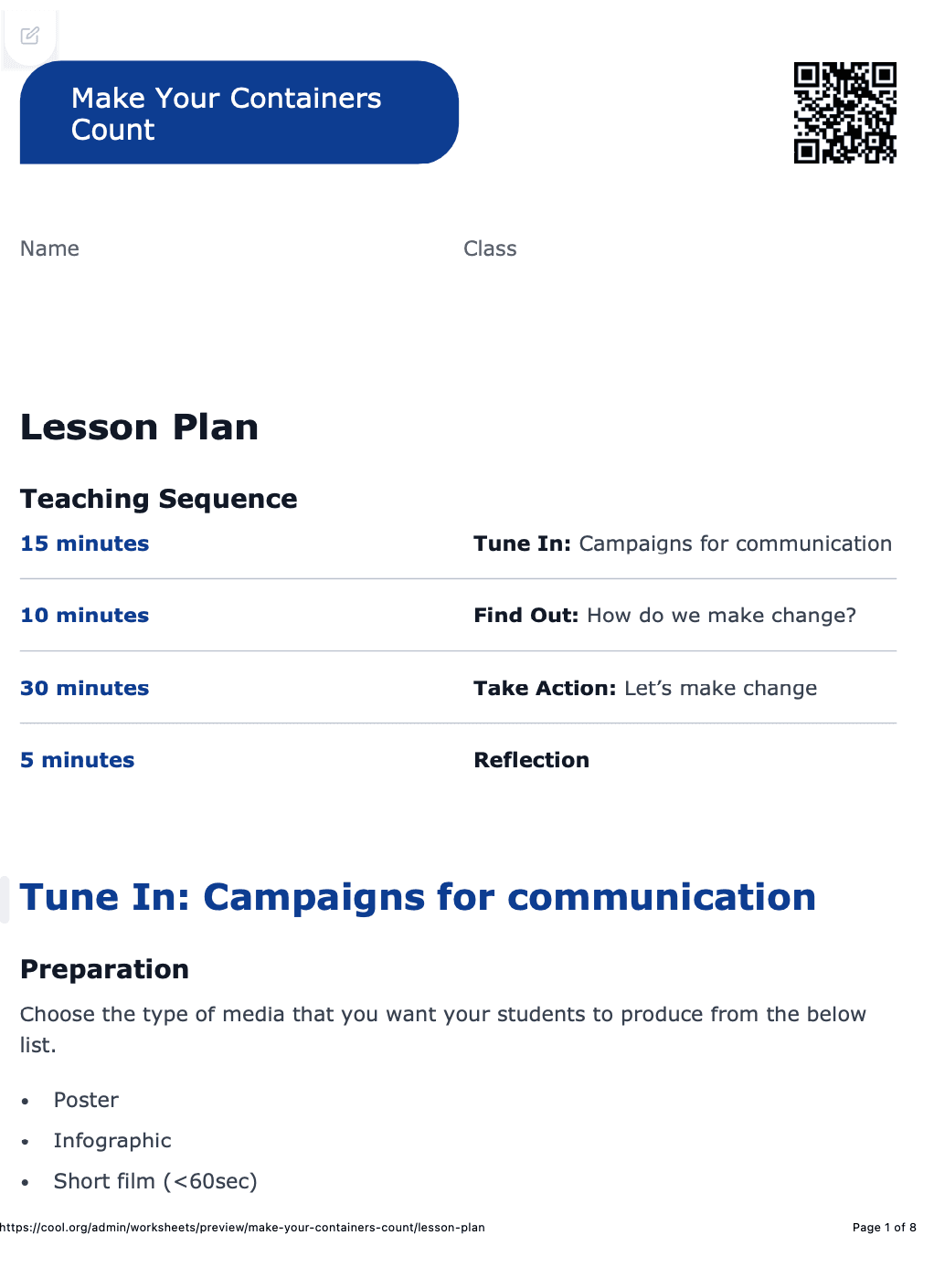
Student Worksheet
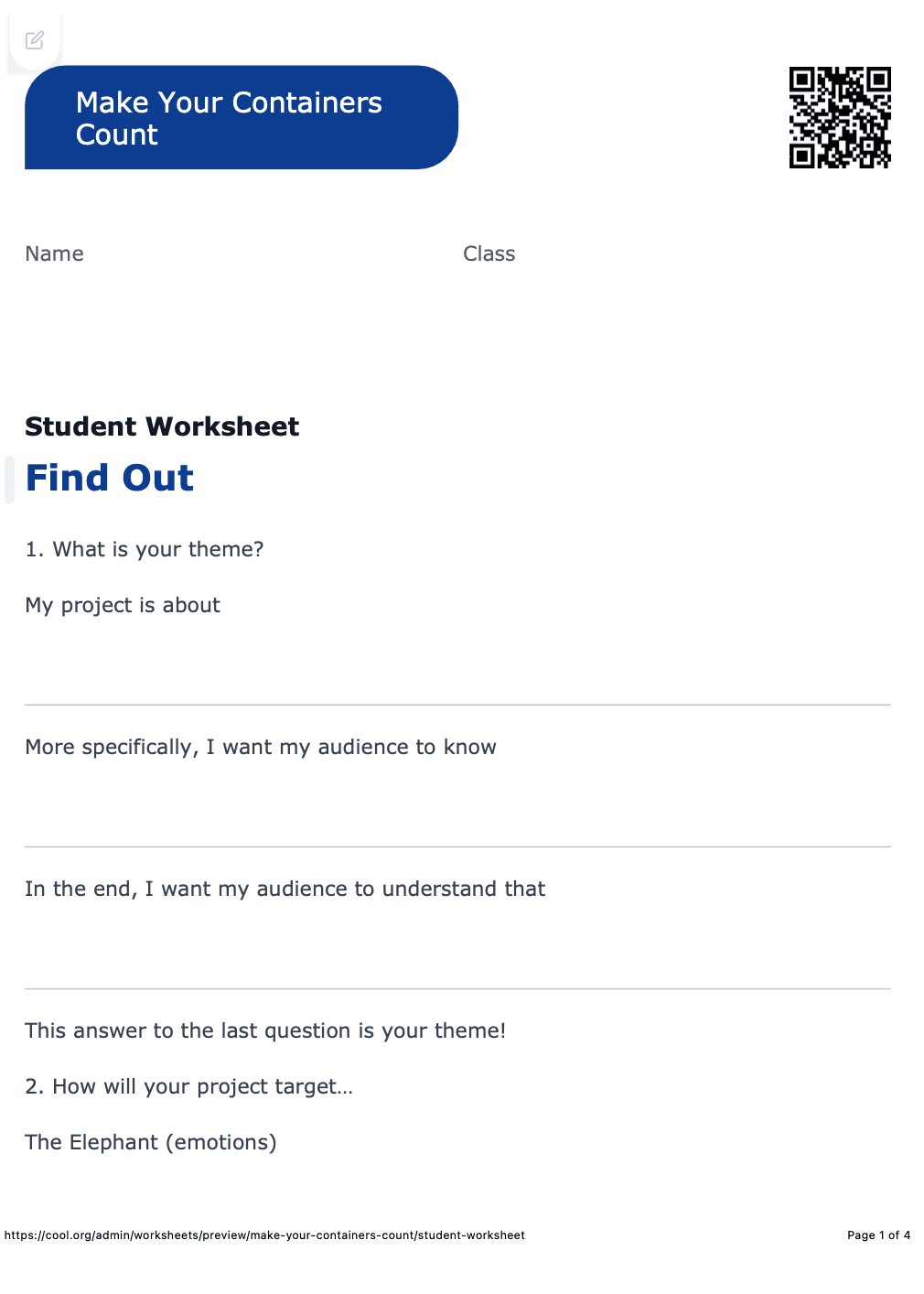
Infographic Visual Explainer
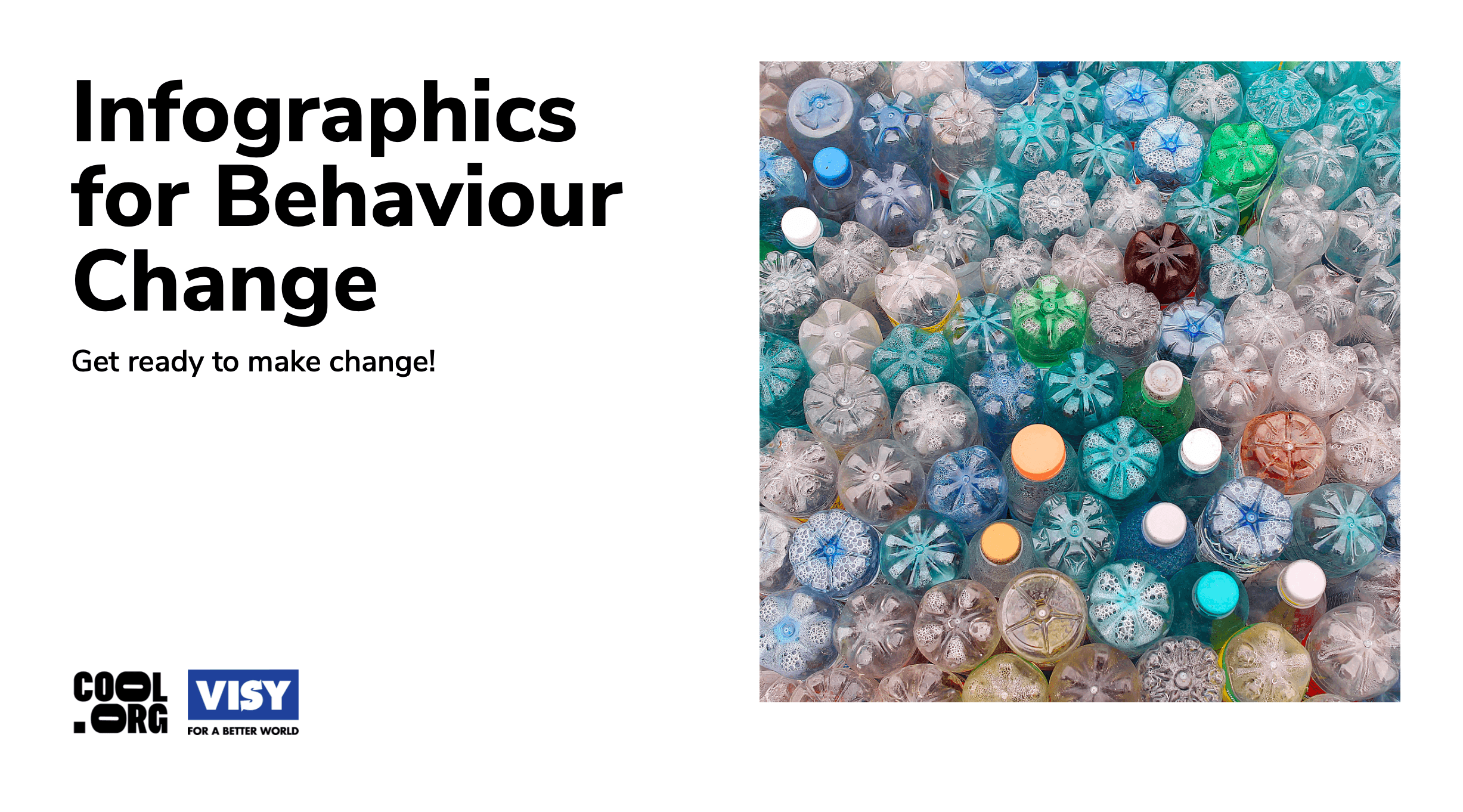
Poster Visual Explainer
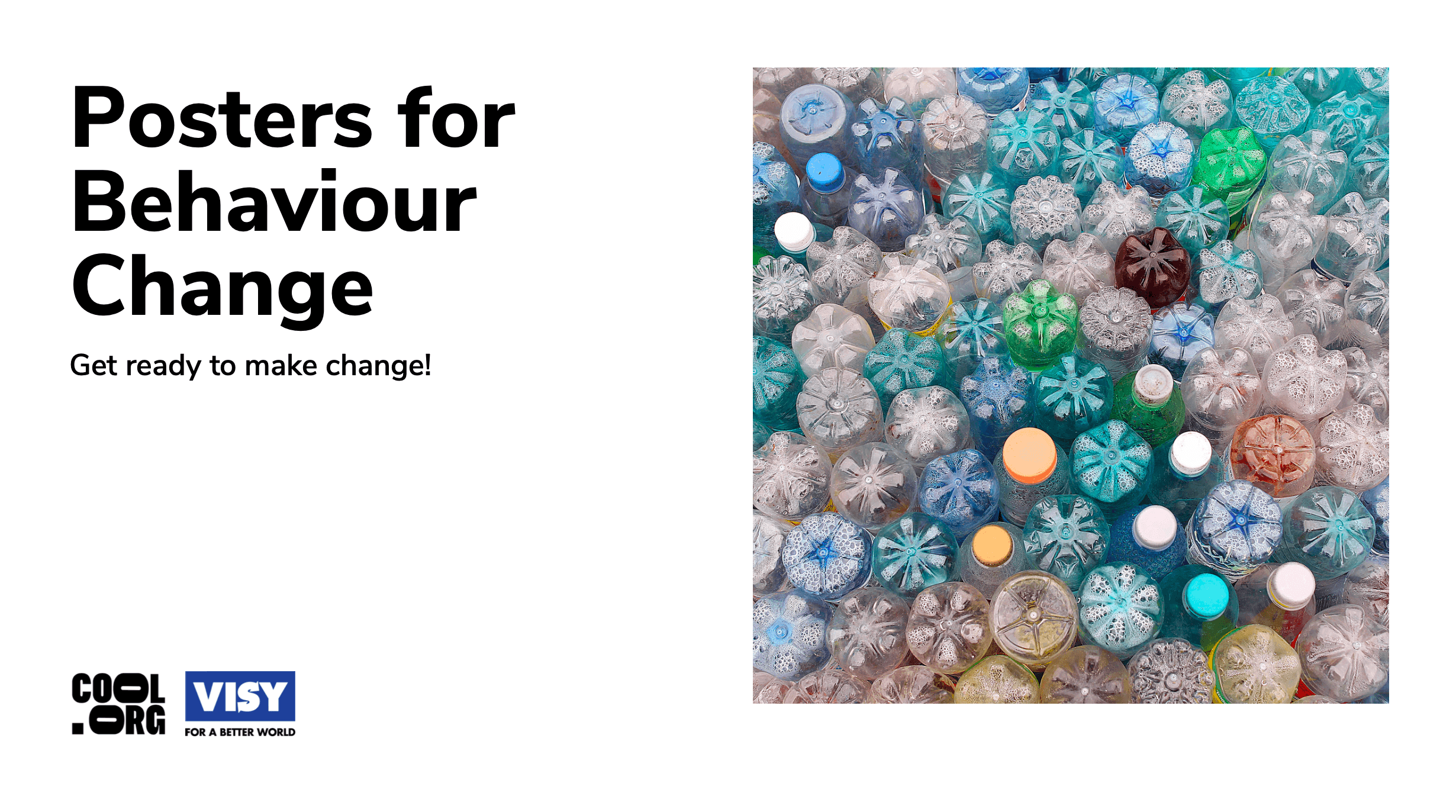

Lesson Plan

Student Worksheet

Infographic Visual Explainer

Poster Visual Explainer
